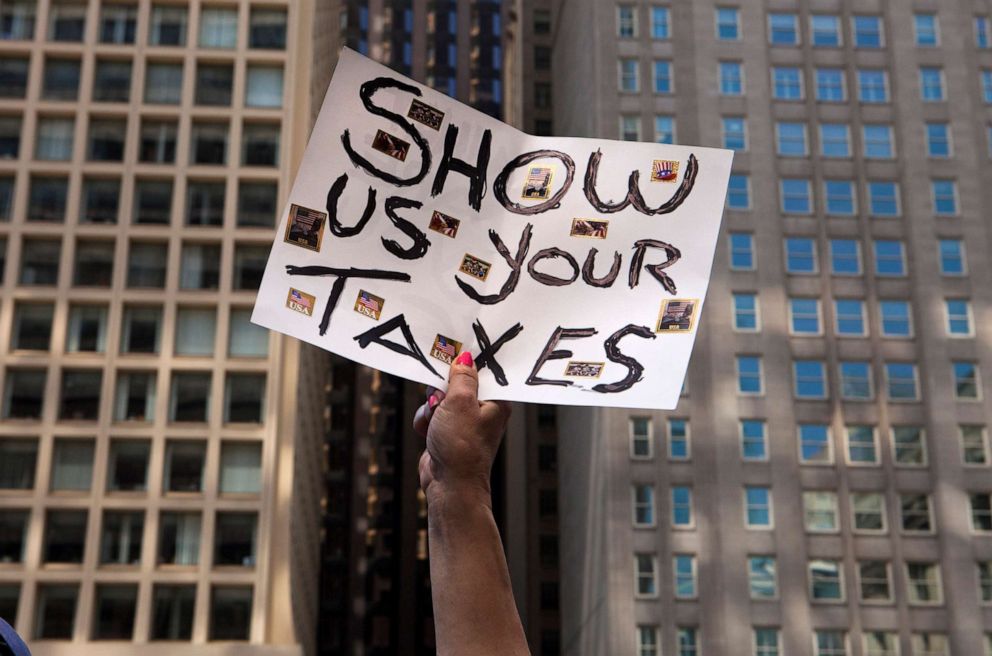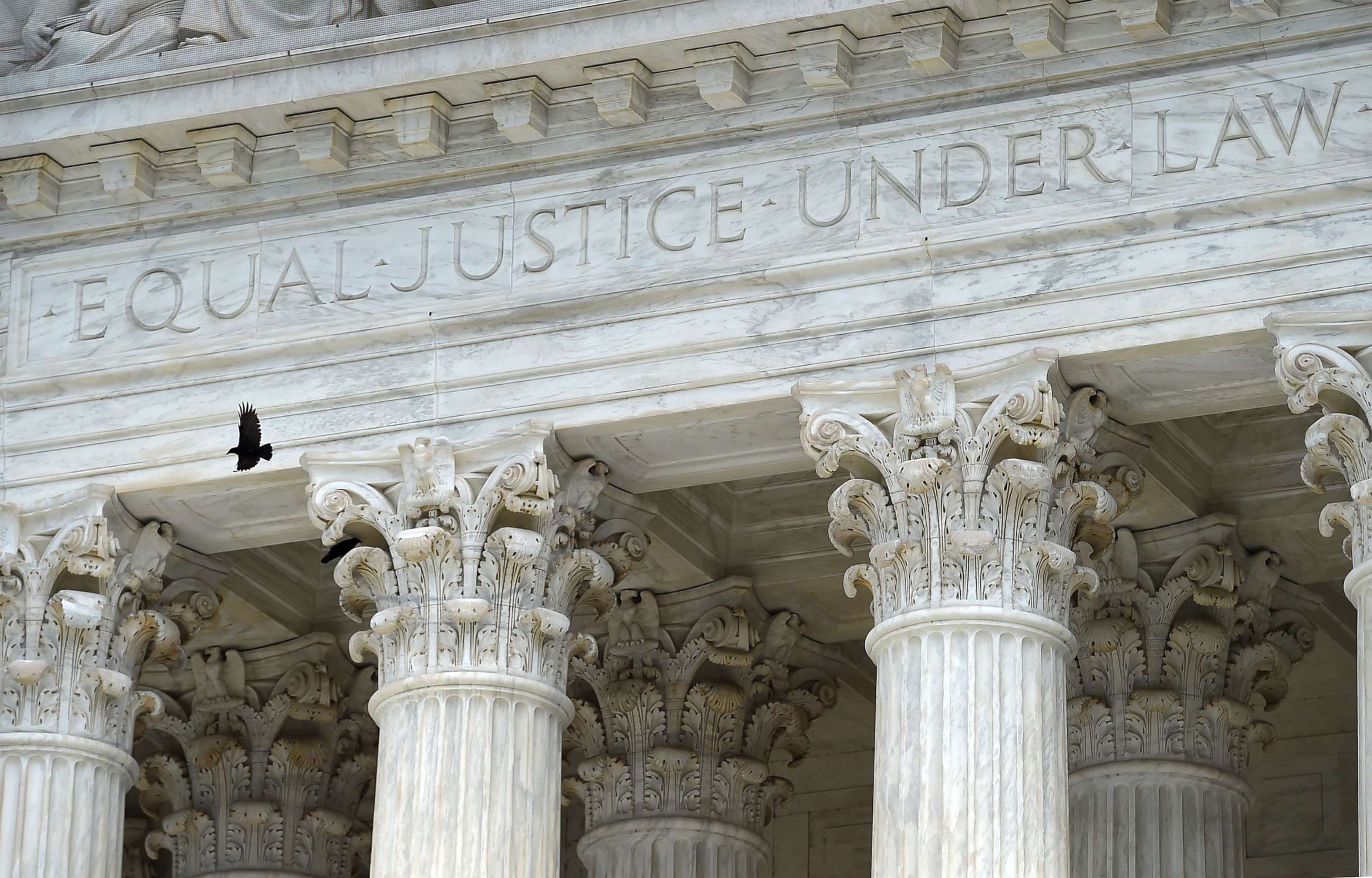Supreme Court to livestream arguments in Trump financial records cases
The justices will resolve several delayed cases before the 2020 election.
Facing protracted disruption from the novel coronavirus pandemic, the U.S. Supreme Court will -- for the first time -- hear oral arguments by teleconference in May, seeking to resolve a number of urgent cases that include President Donald Trump's appeal of subpoenas seeking his financial records.
The court confirmed to ABC News that it will also allow media organizations to livestream real-time audio of the proceedings, offering unprecedented access to the court's business for the entire country after years of lobbying from lawmakers, news outlets and transparency advocates.
The announcement also means the justices will hand down several major decisions on politically charged issues in time for the November presidential election after earlier this month postponing all scheduled arguments indefinitely.

They will rule on whether Trump must surrender his records to congressional and state investigators; whether states can require Electoral College delegates to cast ballots for president based on the popular vote; and whether religious employers can opt out of the Affordable Care Act's contraceptive mandate.
Tune into ABC at 1 p.m. ET and ABC News Live at 4 p.m. ET every weekday for special coverage of the novel coronavirus with the full ABC News team, including the latest news, context and analysis.
"In keeping with public health guidance in response to COVID-19, the justices and counsel will all participate remotely," said spokeswoman Kathy Arberg.
The move to telephone conference proceedings, which lower federal courts have conducted for years, is remarkable for the nation's highest court that's become famous for resisting pressure to use technology to make it more accessible.

"This change in policy shows that the court is not immune to public pressure and that they've likely paid attention as countless state and federal appeals courts have successfully conducted remote arguments amid the health crisis," said Gabe Roth, executive director of Fix the Court, a nonpartisan watchdog group.
"The court will have no excuse come next term to maintain a live audio policy for every argument, and we'll do our part to make sure that live video is not too far behind," Roth said in a statement.
Under current Supreme Court policy, audio recordings of oral arguments are only released publicly on a weekly basis. Photography is strictly forbidden in the courtroom.
What to know about coronavirus:
- How it started and how to protect yourself: coronavirus explained
- What to do if you have symptoms: coronavirus symptoms
- Tracking the spread in the US and Worldwide: coronavirus map




